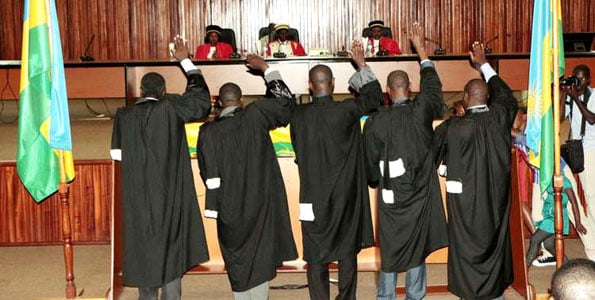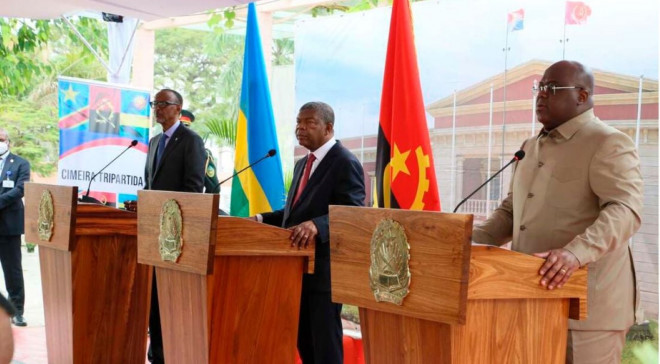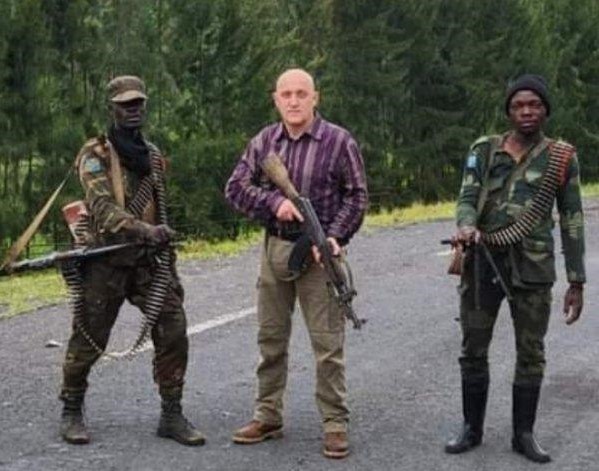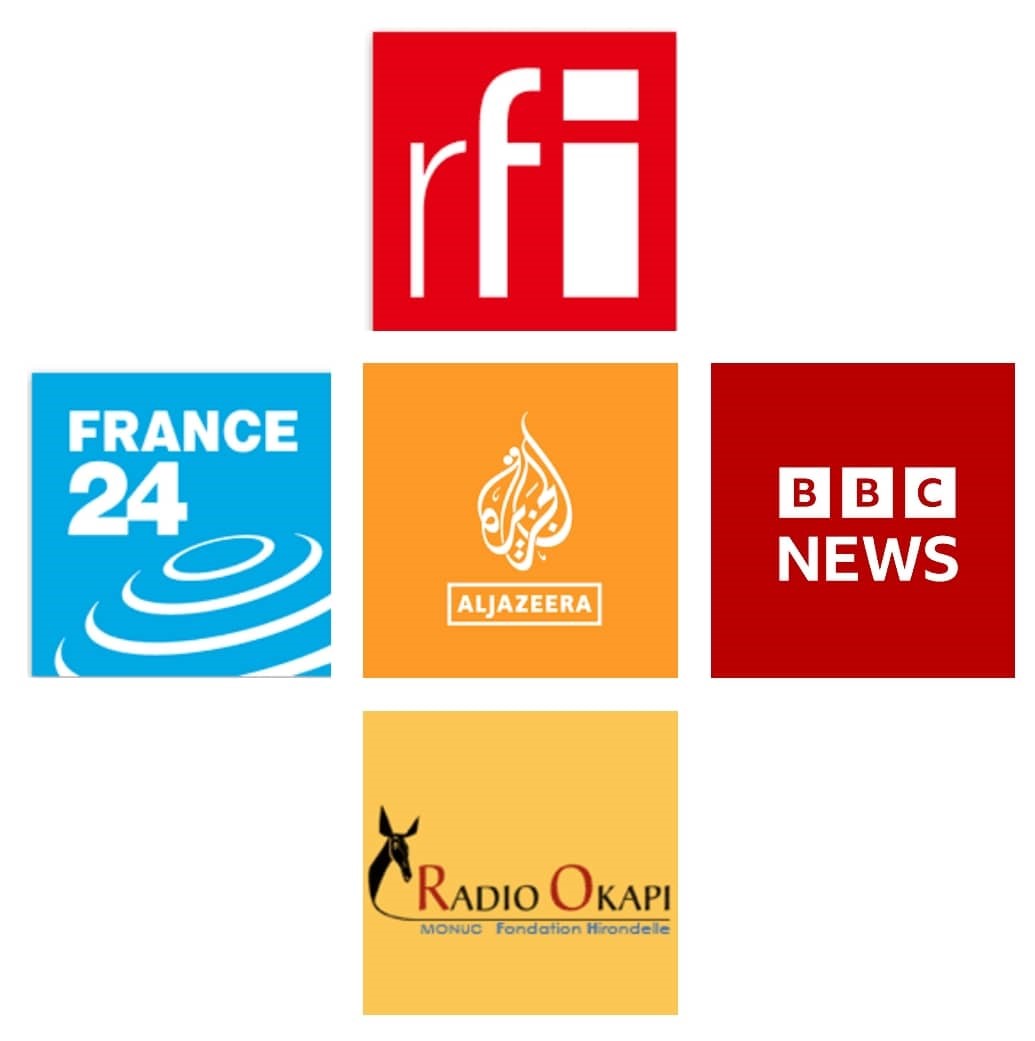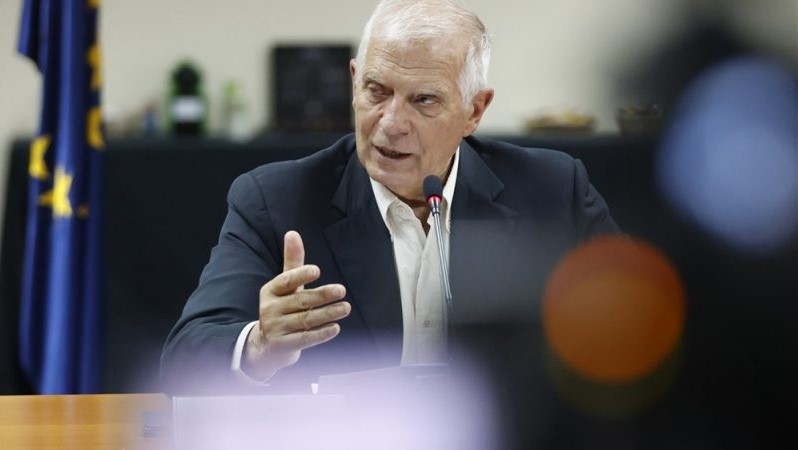Regional
DRC: Did Uhuru meet with terrorists?
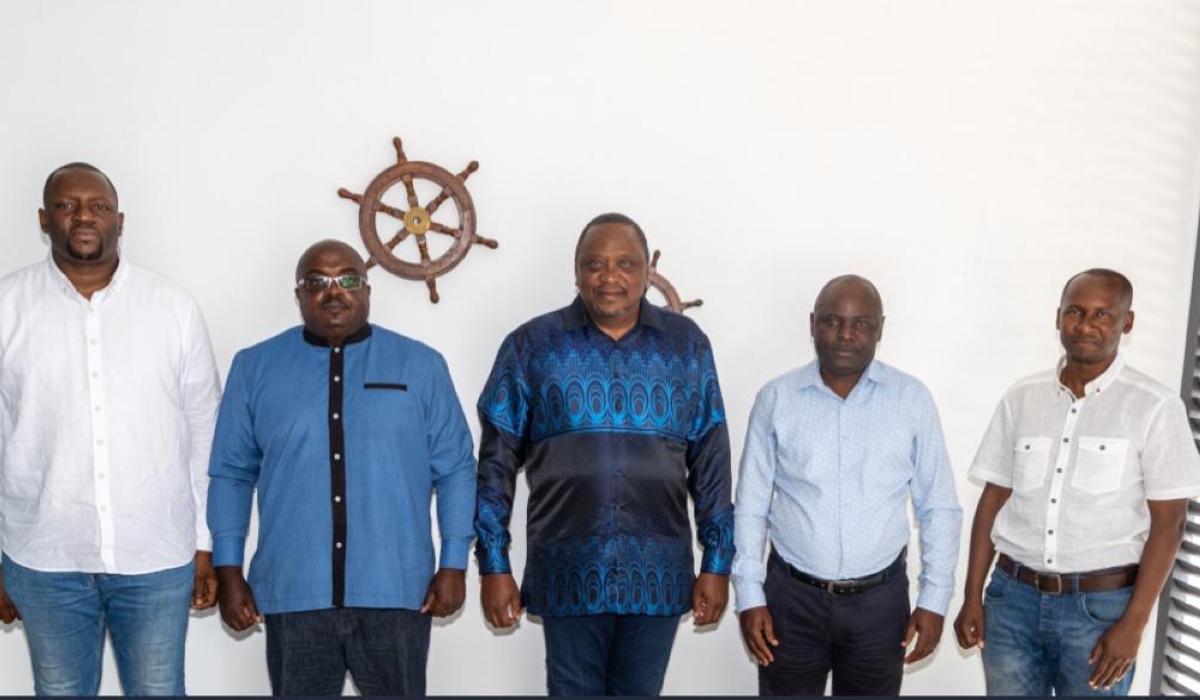
On
January 12, the East African Community facilitator of the Nairobi peace process
in eastern DRC, former Kenyan President Uhuru Kenyatta, met and held talks with
the president of the M23 rebels, Bertrand Bisimwa, and other senior political
leaders of the rebellion. Their discussion was centered on restoring peace in eastern
DRC.
The
meeting followed the withdrawal of the M23 from the captured territories of Kibumba
in Nyiragongo territory, in December 2022, and Rumangabo in Rutshuru territory,
in early January 2023, in honor of the Luanda and Nairobi peace initiatives.
In
May 2022, the Congolese government declared the M23 a terrorist group and excluded
them from the Nairobi peace process. It was a made up excuse for escaping
dialogue with the group. Kinshasa does not consider M23 members as Congolese
citizens but aggressors.
Since
then, President Félix Tshisekedi and other Congolese politicians refer to M23
as a terrorist group which is being supported by Rwanda to destabilize their
country. For that reason, their government can’t negotiate with them.
But
one question remains unanswered. Is M23 really a terrorist group?
From
a global perspective; a terrorist group deliberately intimidates population by
killing, kidnapping or causing bodily harm to civilians, destroying the
fundamental political, constitutional, economic or social structures of a
country or an international organization in order to compel a government or an
international organization to perform or abstain from performing any act.
Those
who follow politics in the great lakes region know very well that; the M23 is a
Congolese rebel group, which took up arms to make their voices heard. Among
their grievances are the continued harassment of Congolese Tutsi, lack of
security and discrimination of their community which resulted in thousands of Rwandophones
becoming refugees in Africa.
Most
of them have lived in refugee camps for almost three decades, without any hope
to return to their home country unless Kinshasa agrees to negotiate with the
M23. They have repeatedly presented their complaints to Kinshasa, but have been
ignored.
If the
M23 were really terrorists, Uhuru wouldn’t have met them.
He learned that these rebels, who are honoring
the peace initiatives, took up arms for a noble cause and are committed to contributing
in restoring peace in the region, despite Kinshasa’s propaganda.
The
Congolese government wants the international community to believe that M23 are
terrorists who only want to destabilize DRC.
During
their meeting, M23 leaders urged Uhuru to assist them in assuring the return of
all refugees to their homes, respect and recognition of Rwandophones as Congolese
citizens. They also prayed for an end to all fighting or attacks against them and
sought to resolve the conflict by peaceful means, among others.
Uhuru
agreed to get involved in curbing the use of hate speech and discrimination
against Rwandophones in DRC, which triggers endless conflict.
In
fact, their meeting unmasked Kinshasa’s fabrications in trying to portray M23
as the problem or cause of the insecurity in east of the country.
The
meeting also exposed Kinshasa’s unwillingness to respect the Luanda and Nairobi
peace initiatives. Kinshasa continues to support armed groups including the genocidal
machinery, FDLR, whose presence is the underlying cause of conflict, violence
and genocide ideology in eastern DRC.


